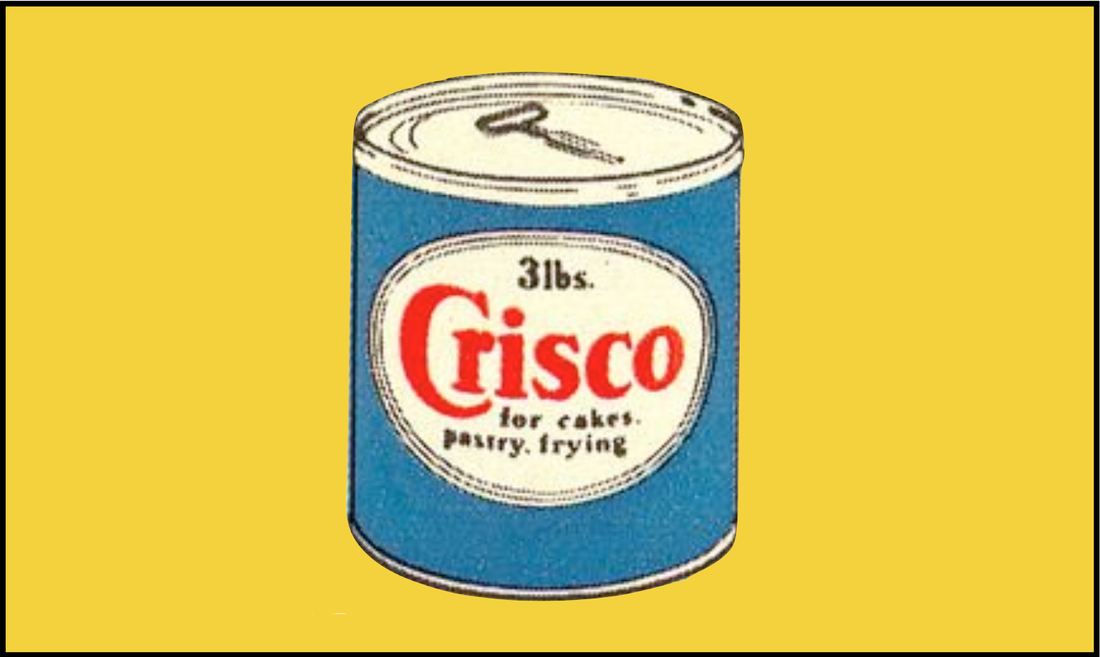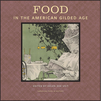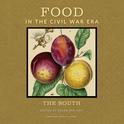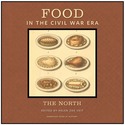|
Americans have eaten significant amounts of cottonseed oil since the late nineteenth century. Yet for generations, few Americans have known how often they eat foods made from the cotton plant. Crisco paved the way for this kind of consumer ignorance. Launched by the Procter & Gamble company in 1911, Crisco was a wholly new product: a solid fat made entirely from liquid cottonseed oil. Responding to tenacious prejudice against cottonseed, Crisco’s marketers made consumer ignorance acceptable by promoting the idea that industrial processing was akin to purification and encouraging consumers to put trust in brands rather than to focus on ingredients. The Progressive Era is supposed to be a period when food processing became increasingly transparent, and in some ways it was. But in the wake of the Pure Food legislation
of 1906 and in conjunction with an exploding food advertising industry that highlighted factory processing as a unique virtue, American consumers increasingly trusted both government oversight and industrial food production. |
Cottonseed oil’s history is ultimately
a story of consumers’ growing confidence in highly processed food and their growing comfort with ignorance about the ingredients that went into it. Helen Zoe Veit, "Eating Cotton: Cottonseed, Crisco, and Consumer Ignorance," Journal of the Gilded Age and Progressive Era (Fall 2019).
|







